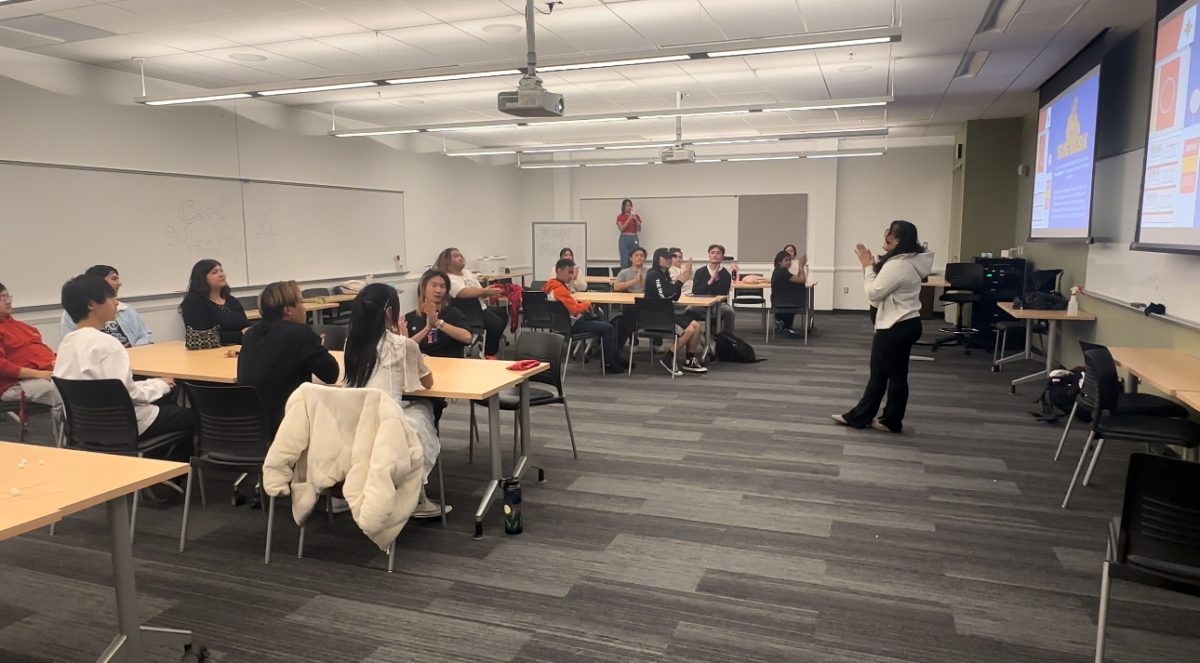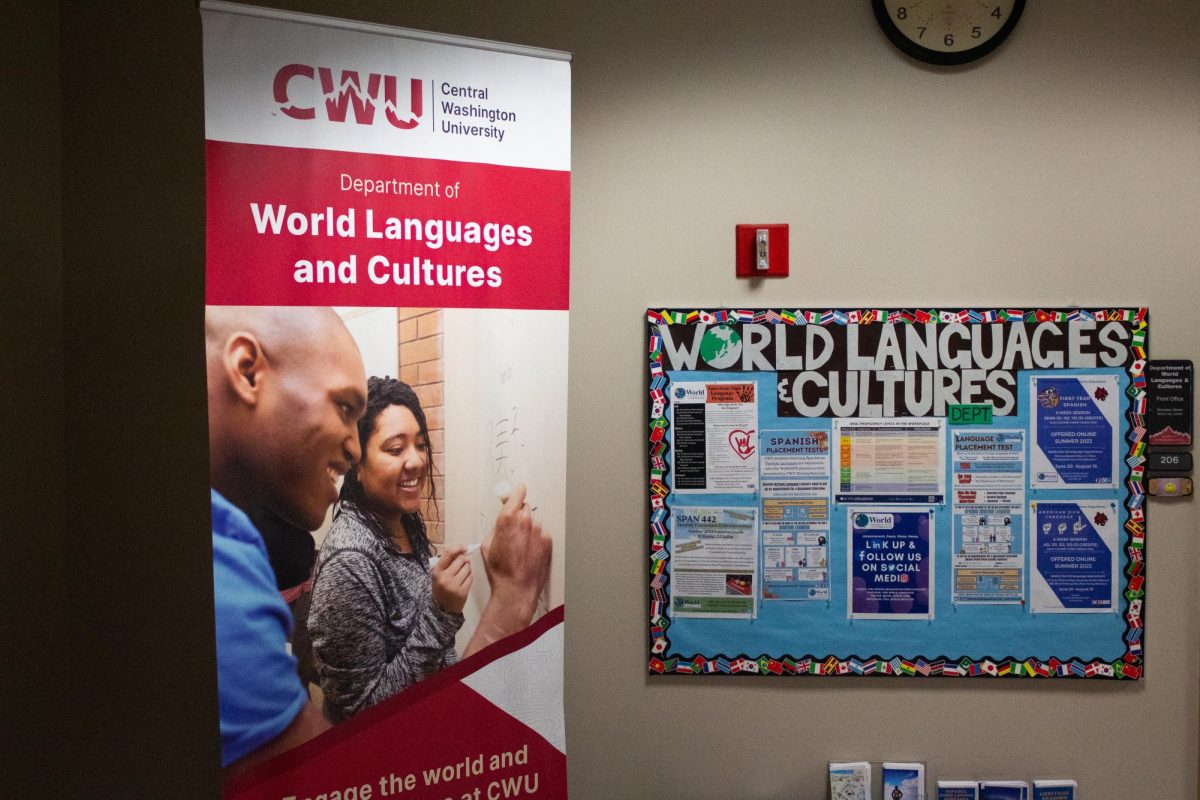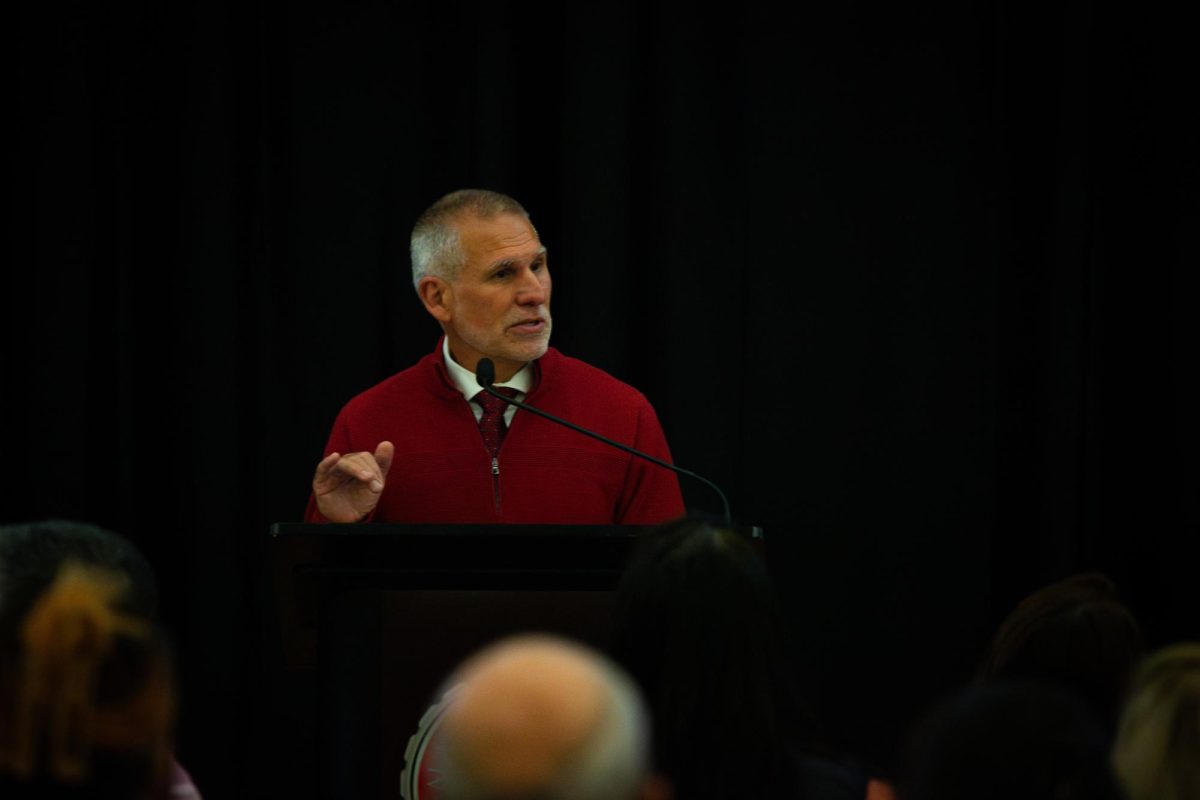BY Kelsie Miller
Staff Reporter
As measles cases continue to spread across Washington state, Kittitas County remains unaffected, but residents of Kittitas County should still make sure they have been vaccinated.
Liz Whitaker, community health services supervisor of the Kittitas County Public Health Department, said that the measles outbreak could be a cause for concern to those who are not immune to measles. Most people who have had two doses of the vaccine, or who were born before 1957, will be immune to measles.
Whitaker said that people who are susceptible to the measles virus are vulnerable if they go to a foreign country where the virus is more common. Kittitas County by nature is an area of heavy transit, with students and families traveling across the state for weekends or breaks. If residents plan to travel, Whitaker said, they should be informed of where in the region the affected areas are.
Whitaker said in Washington State, two index cases of measles have caused the spread of the disease elsewhere in the state. Twelve cases have been identified in the state. Whitaker said although there has been one exposure in Kittitas County, the person was found to be immune to measles.
Early symptoms of measles include fever, cough and flu-like symptoms. Measles is highly contagious, so if a person thinks they may have been exposed, Whitaker said they should stay home, see their doctor as soon as possible and avoid public places. The illness spreads quickly between people, especially in crowded areas.
“For two hours after a person who is contagious with measles leaves a room, other people who come into that room could be exposed to it because of the suspended droplets in the air that spread the measles around,” Whitaker said.
Rebecca Pearson, associate professor and program director of the public health program, said that in the recent years, some people are experiencing vaccine reluctance due to misinformation from the media.
Pearson urged people to get information about vaccines from public health experts, such as state or county departments of health, to do research before assuming other information they see is factual and to get themselves and their children vaccinated.
“Vaccines are safe and effective. Vaccines prevent disease,” Pearson said.
Changes in vaccine behavior result in children being more vulnerable because they aren’t immune nor have they experienced the actual disease, said Pearson.
“There’s a generation of young people who doesn’t get exposed to… the actual disease, and they haven’t been vaccinated,” Pearson said. “So if an illness comes to the floor again, then they’re more vulnerable.”
Alice Bowman, a health educator at Central’s Wellness Center, said that herd immunity is an important aspect of societies staying free of communicable diseases. Bowman said people should get vaccinated even if they’ve never been sick.
“If you’re not doing it for yourself, do it for the people around you,” Bowman said.
Bowman said that the best steps students could take are to know the warning signs and the symptoms of measles. Bowman recommends that if students are exposed to the virus to get checked up by a doctor as soon as possible to protect themselves and to protect the people around you.
Whitaker said that in Kittitas County, there are some children who cannot be vaccinated due to “immune system concerns,” and in order to protect those people, others around them have to keep from getting measles, so that they do not spread it.
Whitaker said that the concerns of parents about their own children experiencing discomfort due to vaccines are understandable, but most of those experiences are normal and that the greater good of the public should be considered.
“I’m a public health professional, so I think in terms of everybody our community, what’s best for everybody, and what’s best for everybody is usually that as many people as possible get vaccinated,” Whitaker said.





